
Christian pastor Shawn Bolz has recently said the U.S. economy would surge despite the conronavirus. He has said: ‘Even now several vaccines are coming out as well as a natural dying out of the virus itself.’ There is no known vaccine for COVID-19. He is pictured here at an event in April 2016. (Bolz Ministries)
This month in the United States, several neo-charismatic preachers decided not to cancel their church meetings and events. Some have since said they would move their meetings online.
Others appeared to minimize the physical health threats of the virus or emphasized how atonement, spiritual preparation or protection is strengthened through church tithing or donations.
These initial and ongoing response of some of these leaders have highlighted dangerous worldviews that stress the authority of Christian charismatic personal prophecy and sees in calamitous events signs of Christ’s final triumph.
Religious leaders emboldened by Trump?
According to religion researchers at the University of Southern California, Pentecostalism is the fastest growing religious movement in the world. The neo-charismatic movement is often referred to as the “third wave” of Pentecostalism. In this movement, evangelical churches which are not part of the established Pentecostal tradition, embrace the “Pentecostal experience,” distinguished by its emotional expressiveness, spontaneity in worship, speaking or praying in “unknown tongues” and healing. Participants often characterize themselves as “spirit-filled” Christians.
As the number of coronavirus infections grows in the U.S., ideas advanced by neo-charismatic leaders may have dire consequences.
Some of these religious leaders may become more emboldened by President Donald Trump’s recent comments. Trump said he wanted to have the U.S. economy back on track and Christian churches packed on Easter, before reluctantly taking the advice of U.S. health officials and extending social isolation at least through the month of April. Fox News anchor Bill Hemmer called this vision of Americans in churches an “American resurrection.”
Some of the neo-charismastic leaders may be increasing public tolerance for Trump’s approach. Others have echoed Trump — including an editorial in the Wall Street Journal — and have suggested the economy should be the top priority.
Meanwhile, among other religious leaders, the president’s desire for “packed churches” at Easter prompted widespread criticism, with the executive director of Massachusetts Council of Churches saying the president is “co-opting Easter for capitalism.”
Defying social distancing directives
In early March, L.A.-based Christian pastor Shawn Bolz, who has almost 50,000 twitter followers, told Fox News the “Lord showed me the end of the coronavirus.” On his Facebook page, Bolz wrote that several vaccines are coming out. There is currently no vaccine for COVID-19.
Bolz also recently claimed on a Christian website that the economy would surge, that Donald Trump would win another electoral term, that “God’s going to turn the tide of this thing” and the U.S. would “hit one of the greatest times … of economic stability.”
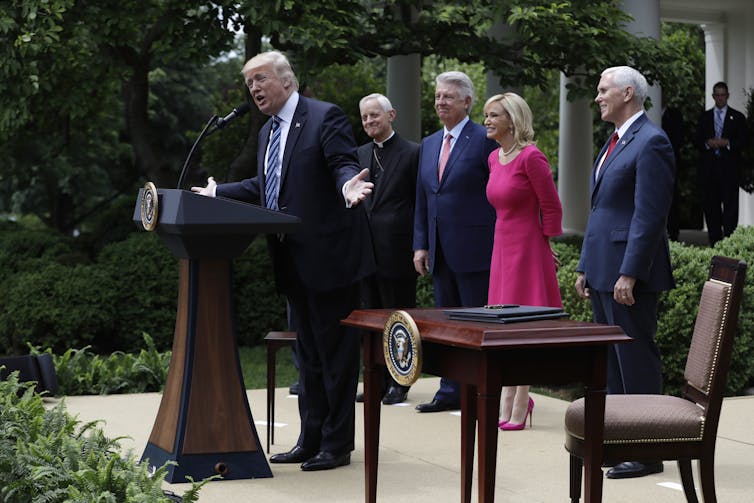
On March 15, Rodney Howard-Browne, a Pentecostal pastor at the River at Tampa Bay Church, told his church to greet each other with a handshake, saying that his church would not close until the “Rapture,” or the meeting of all Christian believers with God in heaven.
Howard-Browne has shared anti-vaccination information on social media and has also circulated Trump’s comments regarding his hope to “pack the churches on Easter.”
Prosperity gospel preacher Kenneth Copeland told a Christian magazine that the fear of the coronavirus was a sin. He said when people fear they give the devil a pathway to their bodies.
On Twitter he told his 432,000 followers: “No weapon meant to hurt you will succeed … No disease. NO VIRUS. … Believe it. Receive it. Speak it in Jesus’ Name!”
Copeland, who is wealthy also told people to continue tithing to the church even if they lose their jobs due to the coronavirus.
When science prevailed
Florida-based Paula White-Cain, chair of the president’s evangelical advisory board and the person who prayed over President Trump before his swearing in addressed her many followers on March 17 regarding coronavirus in a Facebook update.
White-Cain asked viewers to spend 15 days at home physically distancing to help flatten the curve. But she also asked her followers to pray to be spiritually saved and to continue to support her ministry by giving a donation such as US$91. The figure of 91 recalls Psalm 91, a favoured text for the protection of believers in times of trouble.

Initially, Guillermo Maldonado, pastor of a megachurch in Miami and has more than 100,000 Twitter followers, told his congregation on March 15 not give in to the “demonic spirit of fear,” of the coronavirus, to continue attending meetings and to not “heed warnings from officials to avoid crowded spaces.”
But Maldonado had a change of heart and on his blog writes that “safety is our No. 1 priority.” His ministry will now follow requests from the Centers for Disease Control and Prevention.
A belief in supernatural abilities?
Mike Bickle, a Kansas City pastor, said in a YouTube sermon on March 22 that the virus is part of the enemy’s agenda — that enemy being Satan — to stop “stadium Christianity” in the U.S. and worldwide. Bickle said, “there are 20 stadium events planned in 2020 across our nation … and the enemy says, ‘Enough! I’m going to stop this!’”
These neo-charismatic leaders’ battle with the virus is one they consider to be “spiritual warfare,” where they confront and take authority over the “spirit of fear” and over the disease in the name of Jesus.
Some part of of their responses could be attributed to their “victorious eschatology.” This idea refers to the belief that the church will rise in victory before the return of Christ — something that would be heralded by apocalyptic signs.
In this context, these neo-charismatic leaders may believe Christians will be endowed with supernatural abilities, working miracles and healing people from diseases, also having the responsibility of converting souls to the Christian message.
Many of these preachers are writing end-time scenarios. There have been several scenarios presented which interpret stories from the Bible which they use as an authority and as a way to legitimize their beliefs — many of which could have deadly consequences.
Author
Associate Professor, Department of Theological Studies; Full Member of the Centre for the Study of Learning and Performance, Concordia University
Disclosure statement
André Gagné receives funding from the Social Sciences and Humanities Research Council of Canada.

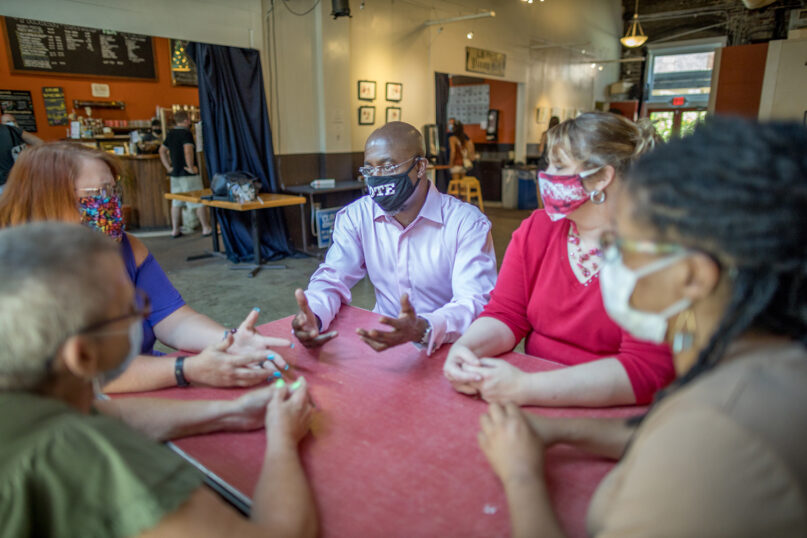
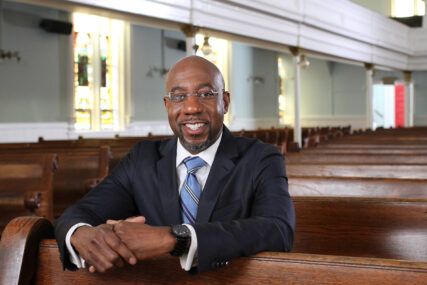
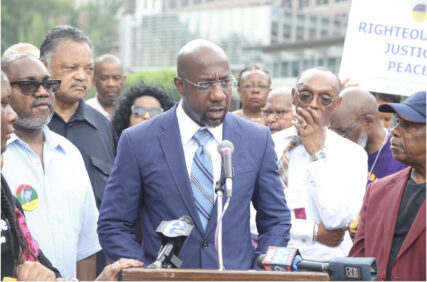
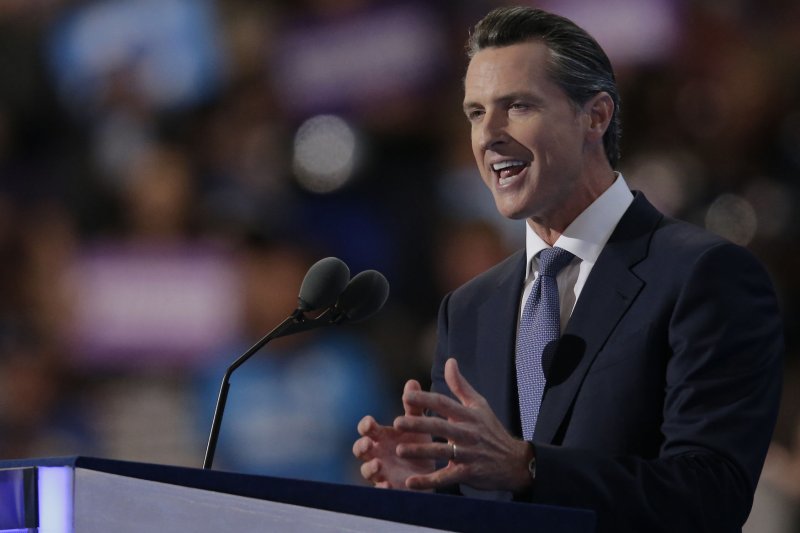

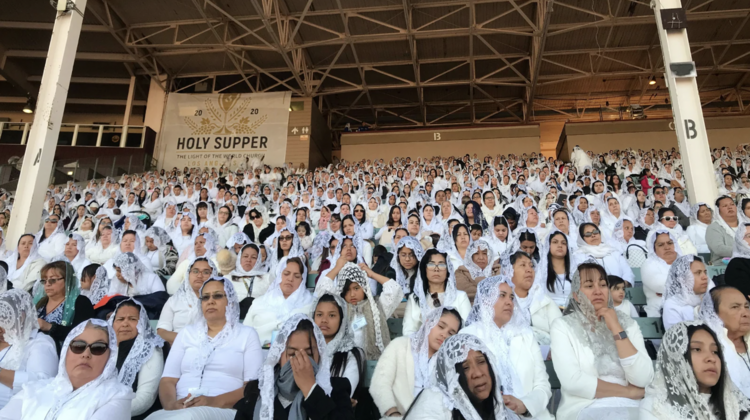
%20s.jpg)


